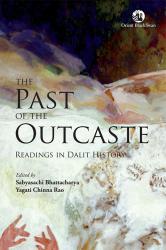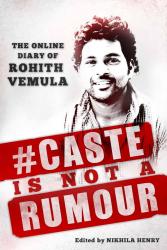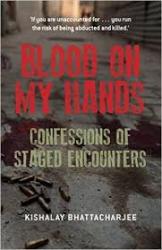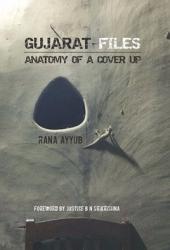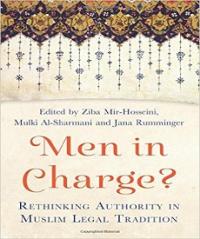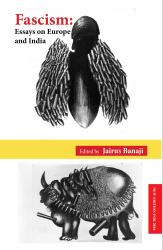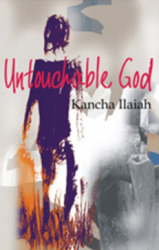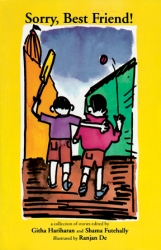Summary: Edited by Sabyasachi Bhattacharya and Yagati Chinna Rao
भेदभाव
Summary: #Caste is not a rumour: The online diary of Rohith Vemula is a collection of Mr. Vemula's online writing. The book, which is over 40,000 words, includes most of his Facebook posts. The books carries his views on a gamut of issues including politics and academics.
Summary: Book Review
Blood on my hands: Confessions of staged Encounters
Blood on my hands: Confessions of staged Encounters
Summary: 'Gujarat Files -Anatomy of a Cover up' .
A book which has seen the worst kind of censorship by publications and is set to see the light of the day next week . It has been self published by the author and will be available for sale May 26 onwards.
A book which has seen the worst kind of censorship by publications and is set to see the light of the day next week . It has been self published by the author and will be available for sale May 26 onwards.
Summary: The victory of fascism in Europe between the wars was an incalculable human catastrophe. This collection of essays contains the first-ever English translation of Arthur Rosenberg’s fascinating analysis of the emergence of fascism in Europe, as well as a short introduction to the essay that explains its significance, and then four contributions that extend the framework to India – dealing in turn with Savarkar and the politics of the Hindu Mahasabha (Srinivasan), communalism as the Indian version of fascism and its roots in the majoritarian ideologies of the nation-state (Simeon), and the fascism of the Sangh Parivar as this had emerged by the early ’90s when concerted communal mobilisations unleashed a spate of violence, foreshadowing the even more horrific events of 2002 (Sumit Sarkar). Unlike most left-wing theories of fascism, Rosenberg’s work made the mass base of fascism central to its political success.
But what does it mean for fascism to have a “mass base”? And how does it construct one? The concluding chapter explores the notion of “passive complicity”, using ideas developed by Jean-Paul Sartre in his major work Critique of Dialectical Reason, and then turns to a characterisation of the Extreme Right in India by looking at the strategies at work in the subversion of Indian democracy.
But what does it mean for fascism to have a “mass base”? And how does it construct one? The concluding chapter explores the notion of “passive complicity”, using ideas developed by Jean-Paul Sartre in his major work Critique of Dialectical Reason, and then turns to a characterisation of the Extreme Right in India by looking at the strategies at work in the subversion of Indian democracy.
Summary: This witty, tongue-in-cheek novel that laughs at the foibles and hypocrisies of Brahmins and upper castes across India begins with a crime.
Summary: Concerned by the divisive forces of communalism, and its influence on children, the Centre for Science, Culture and Education conducted a workshop to examine ways of dealing with the situation. This collection of short stories focusing on communal harmony is an offshoot of this workshop.
- 1 of 3
- ››




